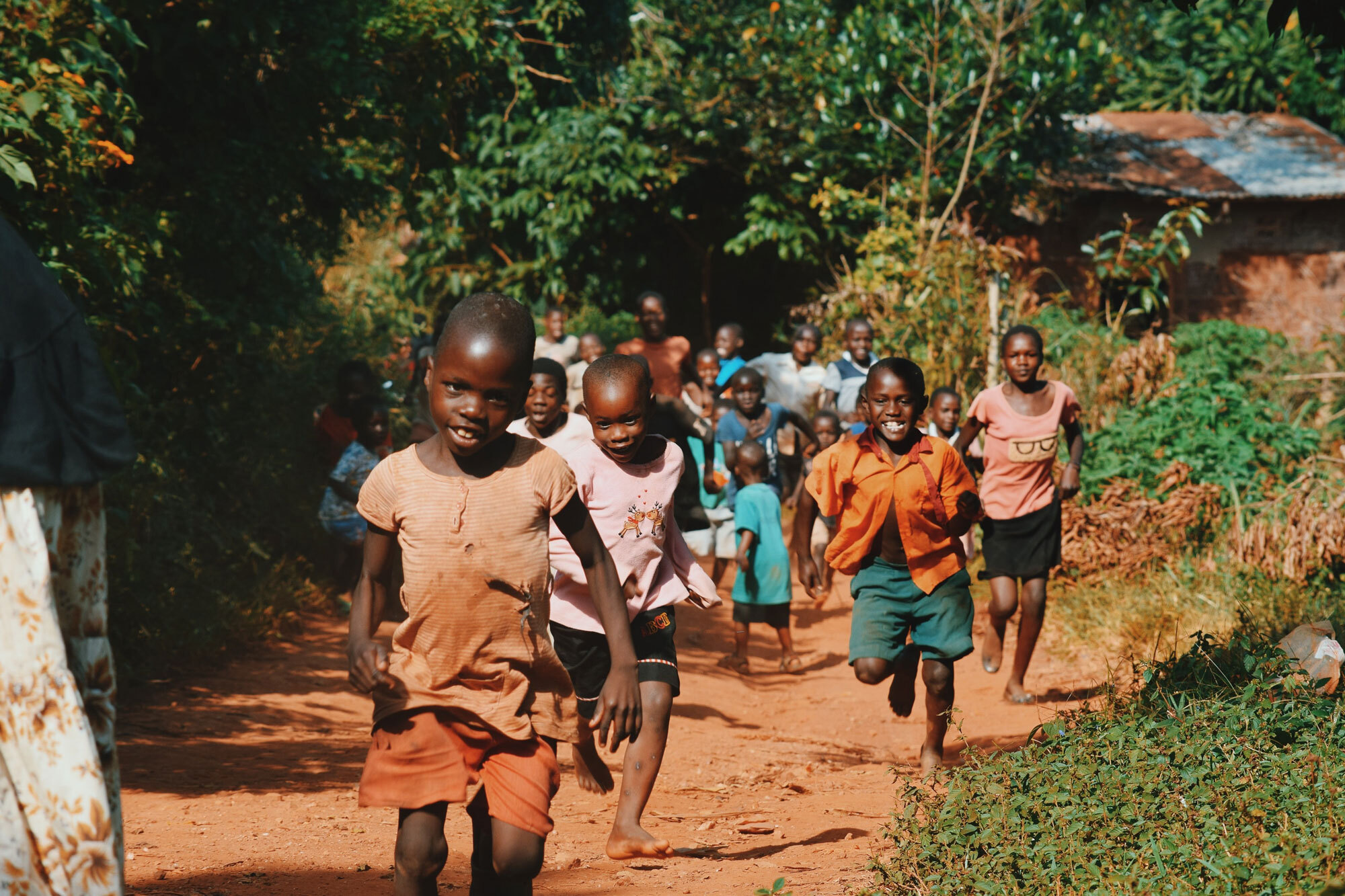
According to the United Nations Children's Fund (UNICEF), the population of out of school children in Nigeria has risen from 10.5 million to 13.2 million in the last 5 years, the highest in the world.
One in every five of the world's out-of-school children is in Nigeria. This is majorly attributable to poor funding over the years, repeatedly falling below the United Nations Educational, Scientific and Cultural Organisation recommendation.
Budgetary spending on education is not enough to quell the widening gap — only 5.6% of the country's total budget is earmarked for education. The poor funding of the sector has contributed to the deplorable state of affairs at all levels of education.
The World Economic Forum 2016 suggested three channels through which education affects a country’s productivity. First, it increases the collective ability of the workforce to carry out existing tasks more quickly. Second, secondary and tertiary education especially facilitate the transfer of knowledge about new information, products, and technologies created by others (Barro and Lee 2010). Finally, by increasing creativity, it boosts a country’s own capacity to create new knowledge, products, and technologies
Currently the highest number of out-of-school children in the world.
Below UNESCO’s recommendation of 26%. This poor funding leads to the deplorable state of our educational system and the increase in out-of-school children
WOESSMAN 2015

WOESSMAN 2015
We believe any bright and sustainable future is founded on the quality of education available to provide the best chance of fulfilling their potential.
